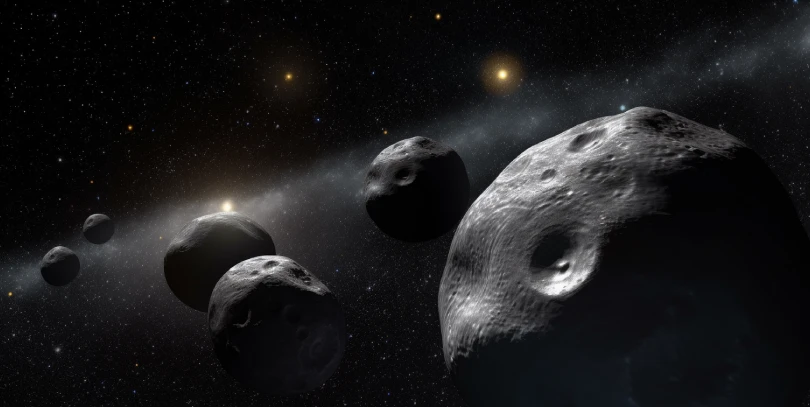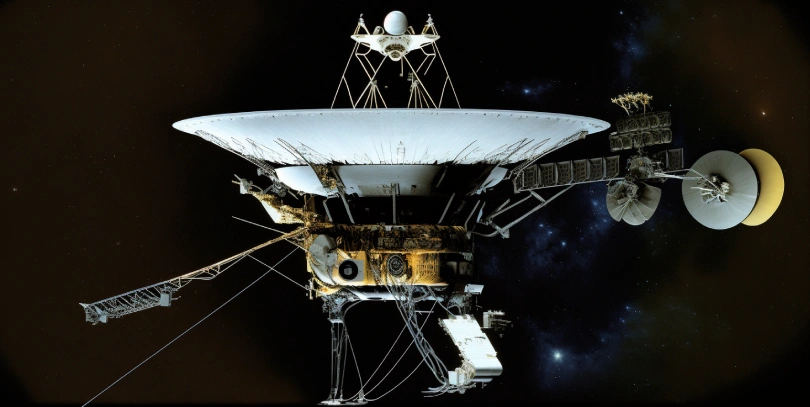Gravity is a fundamental force that affects everything in the universe. It is the force that attracts planets, bodies, and elements toward each other. In this article, we will explore 35 facts about gravity, including its discovery, effects, and importance in our lives.
- Gravity is a fundamental interaction that causes mutual attraction between all things that have mass.
- Gravity is most accurately described by the general theory of relativity, which describes gravity not as a force but as the curvature of spacetime caused by the uneven distribution of mass.
- The most extreme example of this curvature of spacetime is a black hole, from which nothing—not even light—can escape once it passes past the black hole’s event horizon.
- Einstein’s description of gravity was quickly accepted by the majority of physicists, as it was able to explain a wide variety of previously baffling experimental results.
- Today, Einstein’s theory of relativity is used for all gravitational calculations where absolute precision is desired, although Newton’s inverse-square law continues to be a useful and fairly accurate approximation.
- Gravity is a force of attraction that pulls all matter together.
- The Sun has much more gravity than Earth, but we stay on Earth’s surface instead of being pulled to the Sun because we are much closer to Earth than to the Sun.
- Gravity is by far the weakest force we know.
- Gravity only attracts; there’s no negative version of the force to push things apart.
- Gravity is one of the four fundamental forces of nature, along with electromagnetism, the weak force, and the strong force.
- Gravity is an invisible force that pulls on objects.
- All objects pull on each other with the force of gravity, but most things are too small to notice.
- Gravity is far weaker than the other three fundamental forces (electromagnetic force, strong force, and weak force).
- The higher something is, the greater its gravitational potential energy.
- Gravity holds everything close to the planet Earth.
- The Earth’s gravity is far stronger than our own, so we don’t notice the gravity our bodies possess.
- All planets and stars have gravity.
- The gravitational pull of an object depends on how massive it is and how close it is to another object.
- The Moon stays in place because of gravity.
- Isaac Newton discovered gravity.
- Gravity causes the tides in the sea.
- Gravity saves Earth from being destroyed by asteroids and comets.
- Gravity is not a force, according to Einstein.
- The fabric of space-time is bent by massive objects, distorting the paths of other objects—a phenomenon we see and feel as gravity.
- Gravity is one-directional.
- The modern theory of gravity—Einstein’s general theory of relativity—is one of the most successful theories we have.
- While on the grander scale (like the solar system), gravity seems to work just fine, at the quantum level it appears to break down.
- The Earth has gravity. Trees, water, animals, buildings, and the air we breathe are all held here by gravity.
- Gravity represents the attraction between objects.
- What causes gravity is not really known.
- The works of Isaac Newton and Albert Einstein dominated the development of gravitational theory.
- Newton’s classical theory of gravitational force held sway from his Principia, published in 1687, until Einstein’s work in the early 20th century.
- Einstein’s theory of general relativity predicts only minute quantitative differences from the Newtonian theory, except in a few special cases.
- The launch of space vehicles and developments in research resulting from them have led to great improvements in measurements of gravity around Earth, other planets, and the Moon.
- Gravity is essential to life on Earth.






